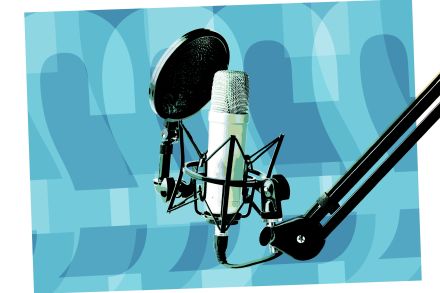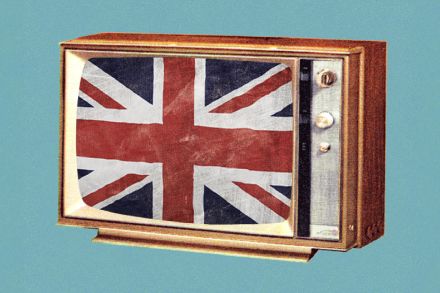Why YouTube Premium beats the BBC
YouTube has now overtaken ITV to become Britain’s second most watched media service, beaten only narrowly by the BBC. Hardly surprising. For many of us, YouTube has become the answer to more and more of life’s questions. True, you may never want to watch a film which explains how to unstick the filler cap on a Volvo XC60. Until, that is, you rent a Volvo XC60 and find yourself stranded at a Portuguese petrol station in 100˚F heat. At that moment, the 30-second explanation by Olivia from York, Pennsylvania, is better than Martin Scorsese. If I were destitute, the last expense I’d forgo would be my YouTube Premium subscription. At






